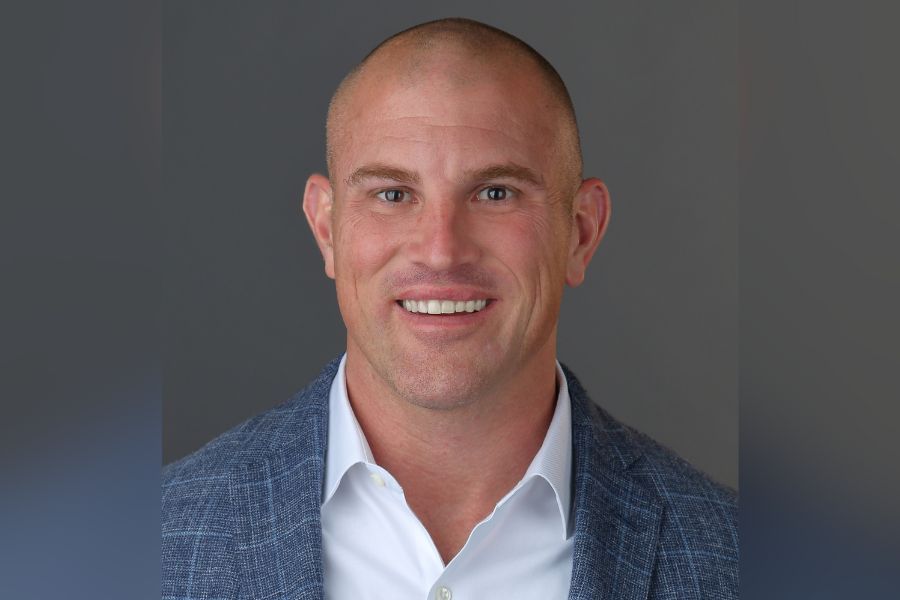Buffett’s muni sale no cause for concern, experts say

News that Warren Buffett’s Berkshire Hathaway canceled $8.25 billion credit-default swaps tied to municipal bonds shouldn’t be taken…
News that Warren Buffett’s Berkshire Hathaway canceled $8.25 billion credit-default swaps tied to municipal bonds shouldn’t be taken as a warning sign by investors.
“I don’t think Berkshire Hathaway or Warren Buffett was trying to send us a flair to beware the municipal market,” Stephen Winterstein, managing director at Wilmington Trust, said during an InvestmentNews webcast on Tuesday afternoon.
Ronald Bernardi, chief executive of Bernardi Securities, added that it was most likely an opportunistic move by Mr. Buffett.
“We view it as a trade,” he said. “Mr. Buffett is a very smart man and was astute enough to underwrite insurance against municipal defaults back in 2008 and he’s had paid out very little. I suspect he’s made a lot of money on that trade. I don’t necessarily conclude he sold because he’s concerned about massive defaults in the muni market.”
Berkshire revealed in its second quarter earnings report that it had canceled the credit-default swaps, which act as insurance in case of municipal bond defaults, five years ahead of schedule, according to a Wall Street Journal Report.
Mr. Buffett initiated the credit-default swaps in 2008 as the historical issuers of municipal bond insurance were on the ropes.
The vanishing act by municipal bond insurers has been the biggest change to the muni landscape, said Mr. Winterstein.
“It used to be homogenous, everything was triple A-rated,” Mr. Winterstein said of the municipal market pre-financial crisis. “Now it’s much more fractured. That makes credit quality the focus.”
The biggest shift has been from triple-A rated bonds to single-A while some have even fallen as far as BBB-rated, he said.
“Credit research is paramount today,” Mr Winterstein said. “An overwhelming amount of municipalities are going to pay their interest and principal back, but there are some landmines out there.”
Investors have gotten a glimpse at some mini-landmines in recent months as three California issuers have declared bankruptcy, which is not the same as defaulting on a loan payment.
The panelists on the webcast downplayed concerns of a wave of bankruptcies riling the municipal market.
“There’re a number of tools that can be used to avoid a default,” said Tom Dalpiaz, senior portfolio manager at Advisors Asset Management.
There’s still concern that some municipalities may start looking at bankruptcy as an easy out for their debt problems though. Jefferson County, Ala., which filed for bankruptcy in November 2011, has the bulk of their debt insured, so the insurers are on the hook if they default on their general obligation bonds, not the bondholders, Mr. Bernardi pointed out. “They’re clearly using the insurer as their piggy bank to reorganize,” he said.
“We’re worried the willingness to pay might out trump the ability to pay,” said Mr. Winterstein.
The key to making sure that doesn’t happen is the rating agencies, said Mr. Dalpiaz.
“The ratings agencies are playing a helpful role here,” he said. “They’re making a public point of saying bankruptcy is not helpful. They’re going to start punishing people for throwing that word around so it’s not used as a tactic or an easy way out.”
Learn more about reprints and licensing for this article.



